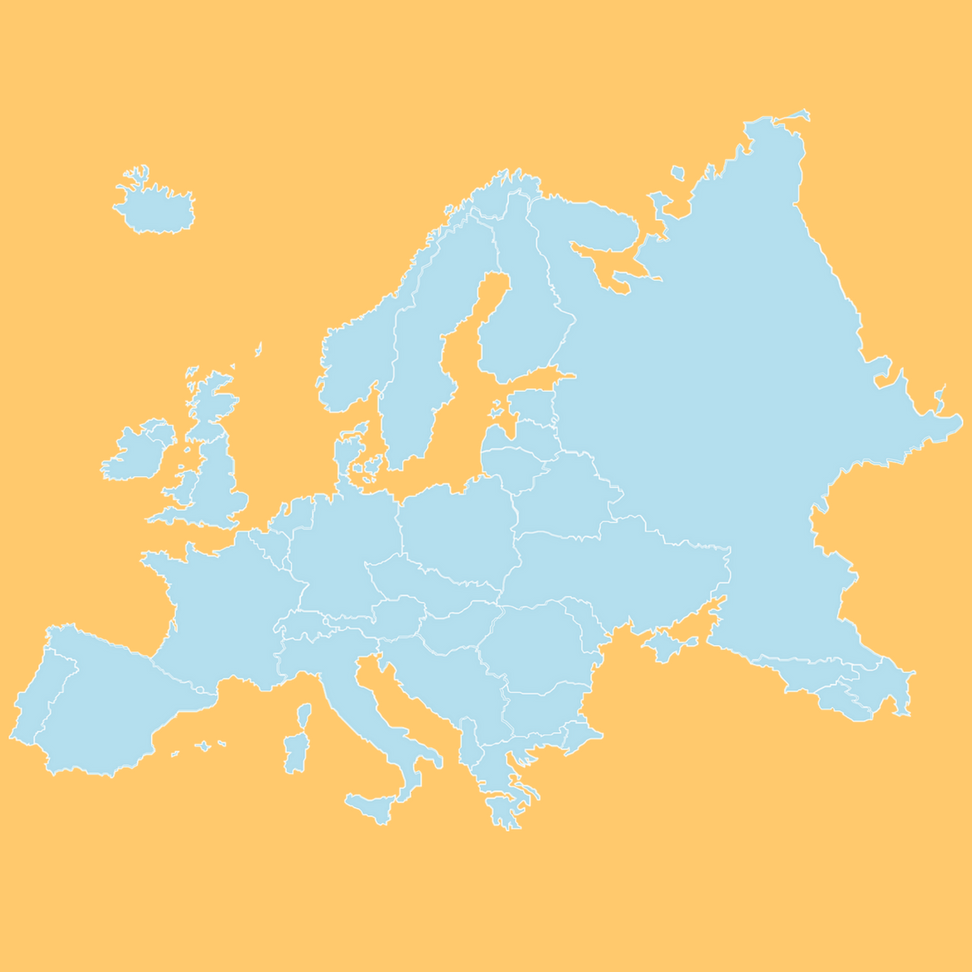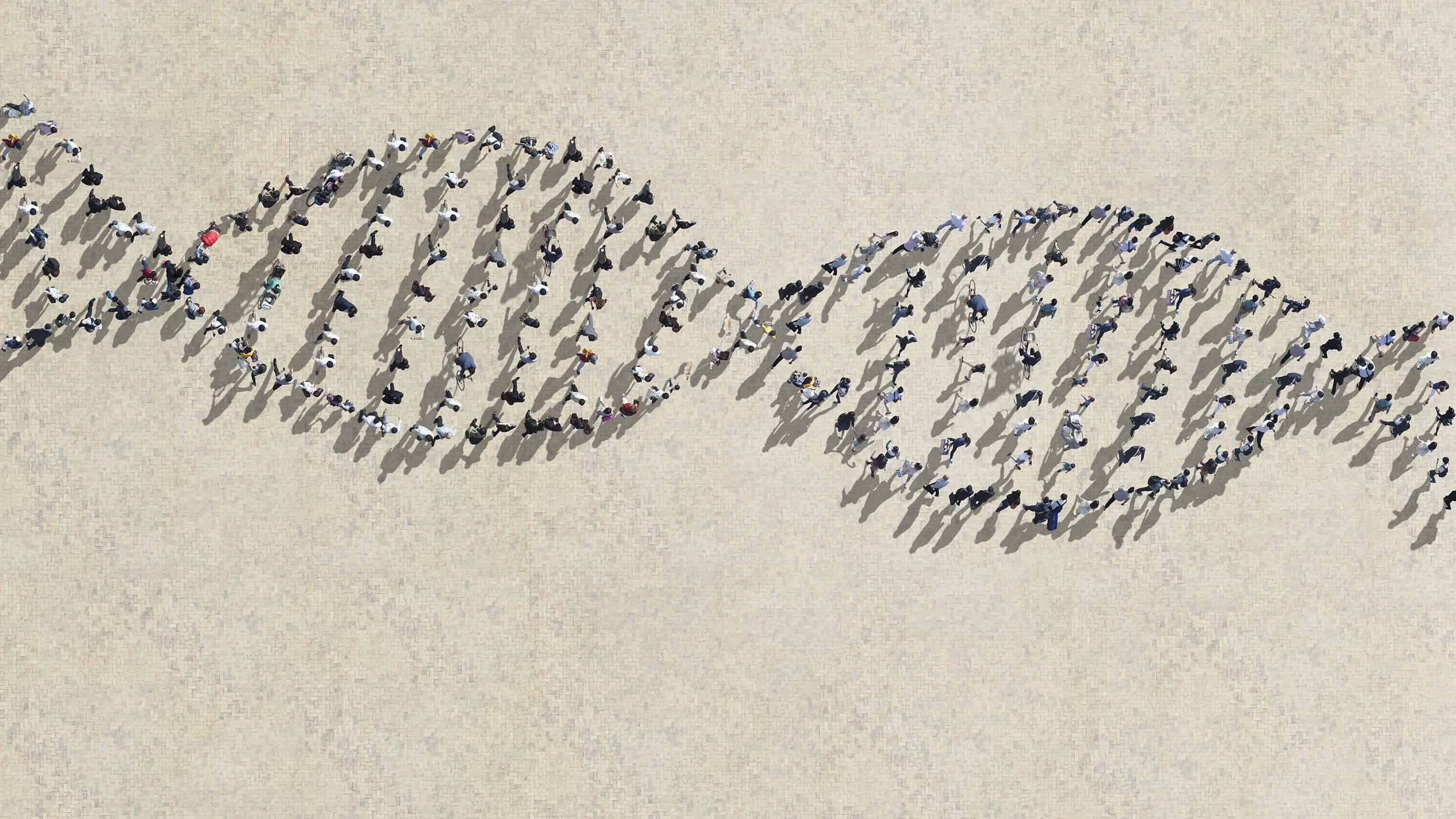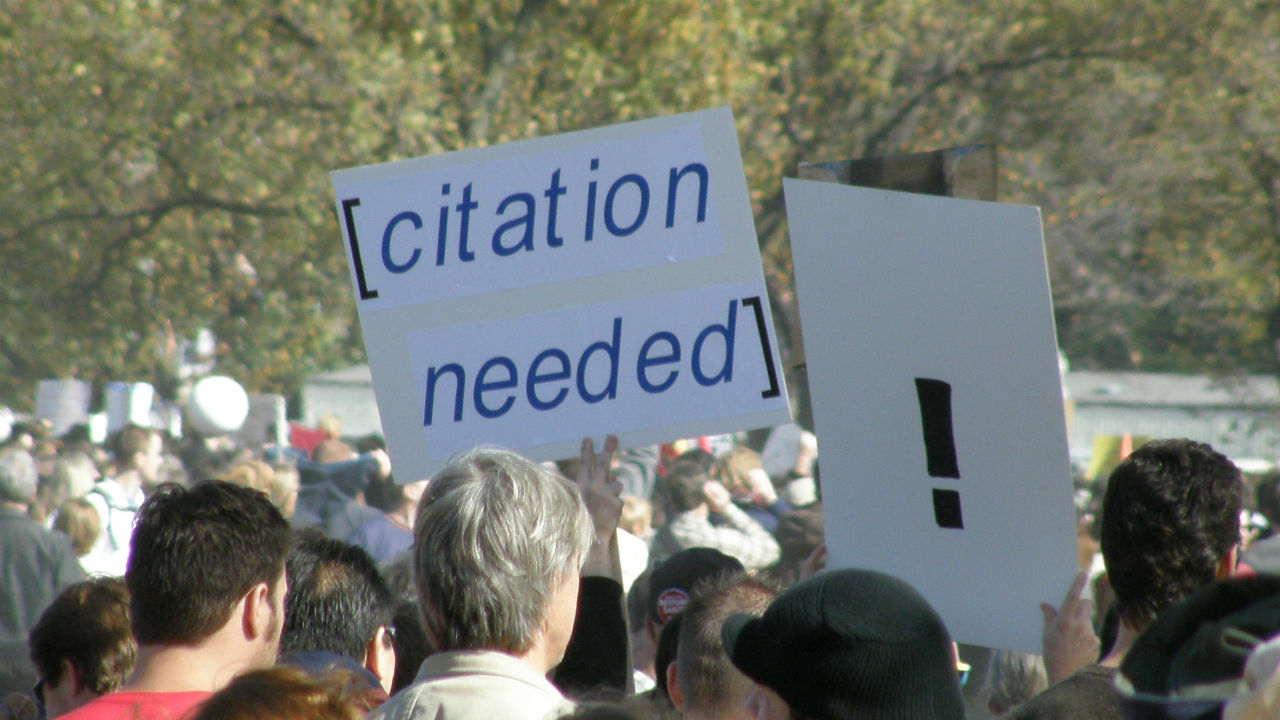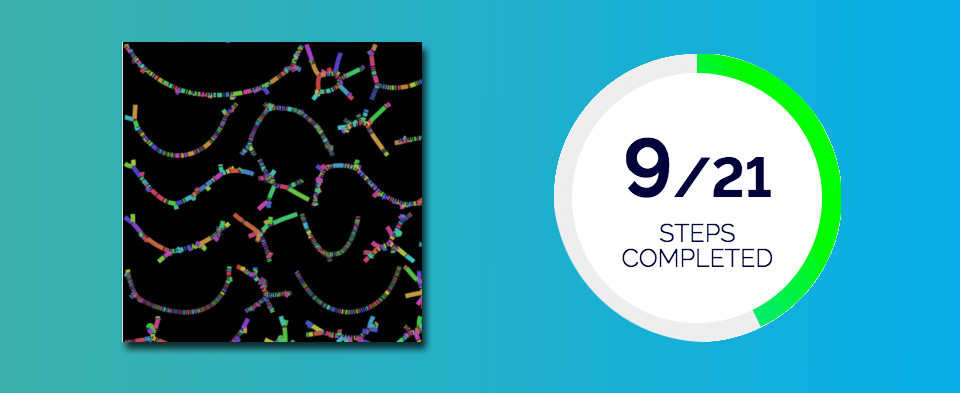National Research Agenda
Dutch agenda presenting 140 overarching scientific questions as a result of a unique bottom-up initiative, driven by the general public and a vast number of organisations in the Netherlands.
Send us a link
Dutch agenda presenting 140 overarching scientific questions as a result of a unique bottom-up initiative, driven by the general public and a vast number of organisations in the Netherlands.
Openness requires trust in close peers, but not necessarily in research community or society at large.
In May 2017, we sat down with ECS journal editors Robert Savinell and Dennis Hess at the 231st ECS Meeting.
The rules fail to make data sharing mandatory for papers to be published, which raises the prospect that some authors might decide to ignore the hint.

There is a movement within the scientific community that asks for greater collaboration between research teams. The idea is that with greater access to information, more people working separately on the same problems can solve them more efficiently and with the greatest transparency.

New project, partly designed by a University of Cambridge researcher, aims to improve transparency in science by sharing ‘how the sausage is made’.

A SPARC analysis of Open Data and Open Science policies across Europe.

Partly in response to the so-called 'reproducibility crisis' in science, researchers are embracing a set of practices that aim to make the whole endeavor more transparent, more reliable – and better.

Choices researchers can make to stop exploiting themselves and discriminating against others.
Empowering the Next Generation to Advance Open Access, Open Education and Open Data.
Starting this year, I will stop traveling to any speaking engagements on open science (or, more generally, infrastructure reform), as long as these events do not entail a clear goal for action.
Author survey shows that publication speed and the ability to share a variety of research outputs are the primary reasons why authors publish on the Wellcome Open Research publishing platform.
The Open Science FAIR 2017 is proud to hold its inaugural international conference on all topics related to Open Science during 6-8 September, Athens.
Want to get involved with an Open project but don’t know where to start? Check out the list of awesome projects.
The results of a cross-disciplinary survey show that the majority of respondents are in favour of Open Peer Review becoming mainstream scholarly practice, as they also are for other areas of Open Science, like Open Access and Open Data.
With funding cuts to major science agencies looming, it is now more important than ever for researchers to embrace transparency and data sharing.

An open introductory course into the practices of Open Science explains how to make the most of the existing outputs of open research.
Study suggesting that journal-specific submission guidelines may encourage desirable changes in authors’ practices.
We can overcome the tyranny of inaccessible science hardware by building a movement for equity in science.

How open source methods of working could be applied to the discovery and development of new medicines.
Thoughts and reflections on the role that open research can play in defining the purpose and activities of the university.
There is an important point here: we simply can’t build a meaningfully open scholarly infrastructure that is dependent on the whims of corporations. It can’t be done.
The broad response was encouraging for science advocates and underscores the need to continue to push for open policies open.
Initiative for Open Citations makes citation data free for all

The Initiative for Open Citations (I4OC) is a collaboration between scholarly publishers, researchers, and other interested parties to promote the unrestricted availability of scholarly citation data.
PLOS now partners directly with protocols.io to provide authors better ways to share methodological details about their work, practical tools to reduce wasted research efforts and persistent, citable identifiers for laboratory methods.

Most academics are keen to access other researchers’ material but a third are yet to share their own.

Discovering that there is a way to get out from the situation which keeps us locked into the legacy publishing system.
OpenTrials is an open database for clinical trials developed by Open Knowledge International to help researchers and patients get useful information from clinical trial materials.
